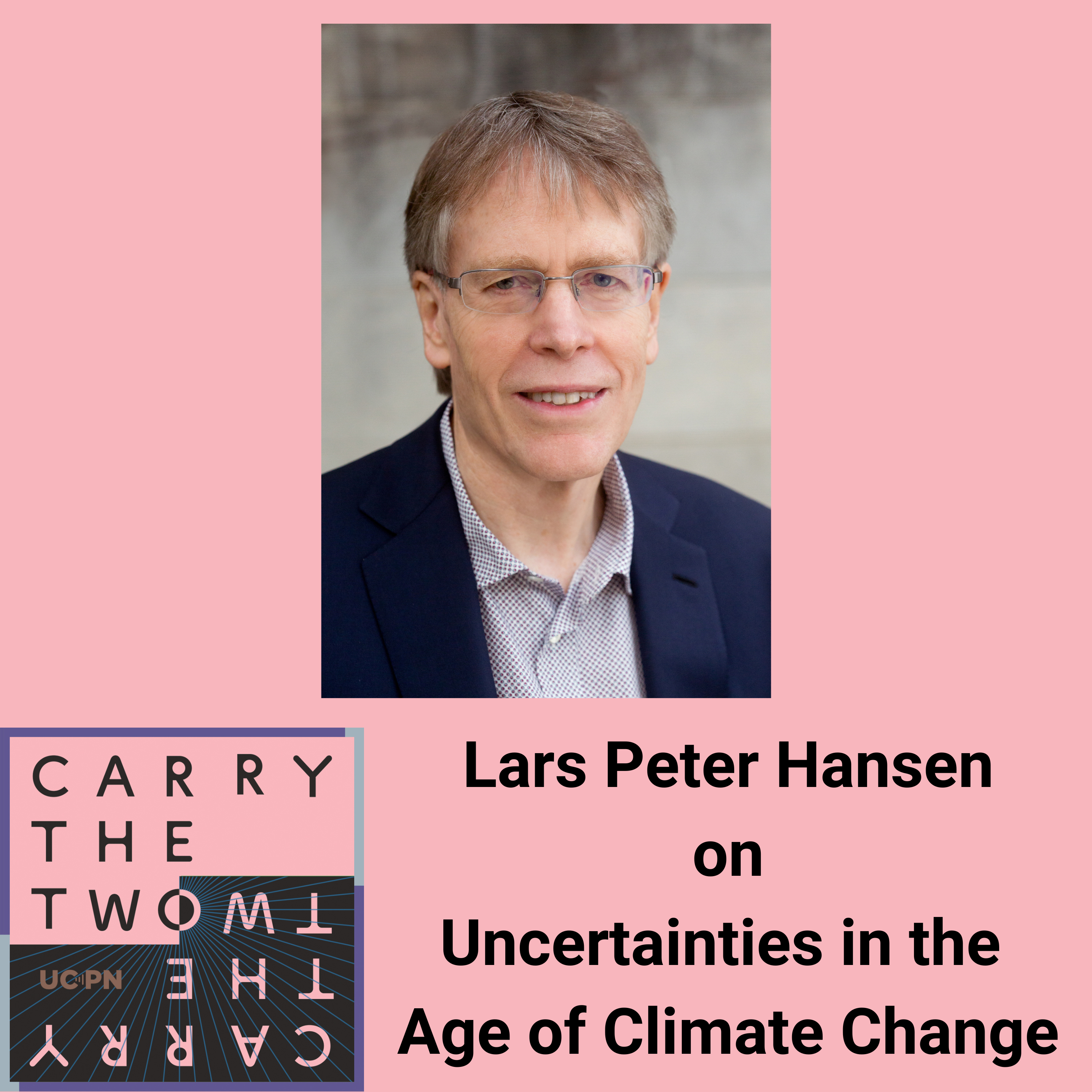Some rare weather events, like the 100-year-flood, are confusingly named. This is because 100 years refers to a statistical probability and not a guaranteed rate. That, combined with our changing climate, means predicting future weather events can be difficult. Thankfully, we have statistical tools to help us with this problem!
Sadie and Ian speak with Richard Smith about climate change, rare weather events, and how climate modeling works.
Find our transcript here: LINK
Curious to learn more? Check out these additional links:
Learn about the topics covered in IMSI’s fall program, Confronting Global Climate Change: https://www.imsi.institute/activities/confronting-global-climate-change/
Watch Richard’s presentation on detection and attribution for spatial extremes: https://www.imsi.institute/videos/detection-and-attribution-for-spatial-extremes/
Thanks to the Texas Tribune for their reporting on the 2021 winter storm and Hurricane Harvey. Specifically,
https://www.texastribune.org/2022/02/17/texas-winter-storm-2021-stories/
https://www.texastribune.org/2018/01/06/tide-high-wading-through-hurricane-harveys-damage-audio/
Follow more of IMSI’s work: www.IMSI.institute, (twitter) @IMSI_institute, (instagram) IMSI.institute
Follow Richard Smith: https://rls.sites.oasis.unc.edu/
This episode was audio engineered by Tyler Damme.
Music by Blue Dot Sessions.

We in the United States are deep in the middle of a major national election, and over half of the world’s population also have...

Find our transcript here: LINK Follow more of IMSI’s work: www.IMSI.institute, (twitter) @IMSI_institute, (mastodon) https://sciencemastodon.com/@IMSI, (instagram) IMSI.institute Follow Sadie Witkowski: https://www.sadiewit.com/, @SadieWit This episode...

Welcome to Carry the Two, the podcast about how math and statistics impact the world around us from the Institute for Mathematical and Statistical...